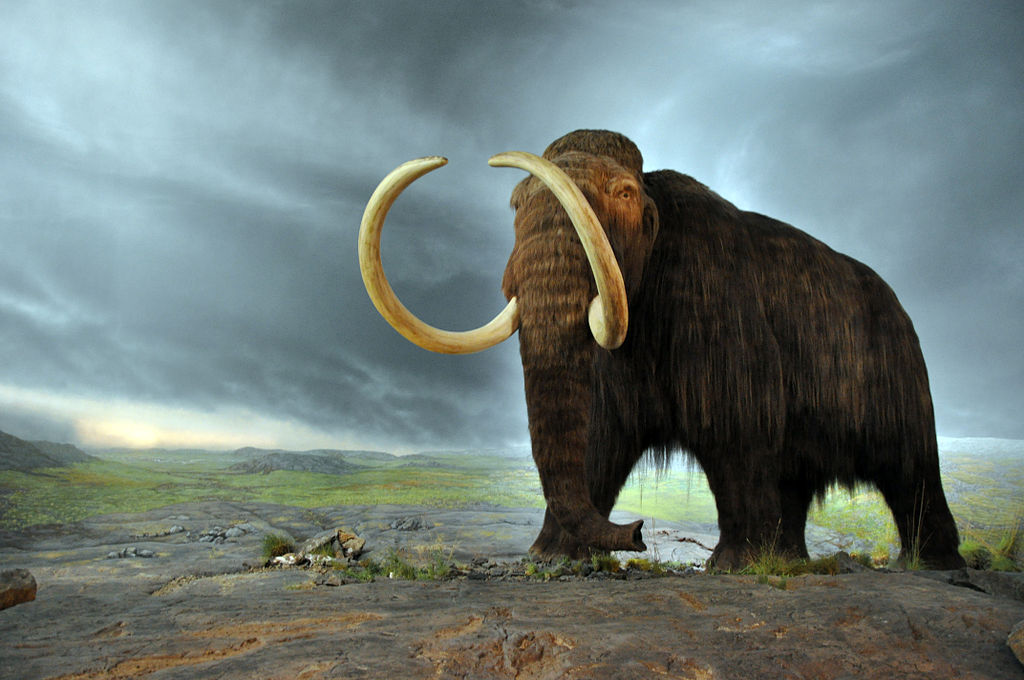Diets do work! Until they don’t. Which is most of the time.

If I had a nickel for every time someone talking about weight loss said to me “It’s just calories in/calories out, right? Just eat less and move more!” I’d be able to retire on a beach in Hawaii with a big fat Mai Tai always at my fingertips. Alas, no one has paid me anything […]
Join us as we explore the idea of health and wellness from a new perspective. Each episode we will discuss topics that we hope to help you improve your health, body image and fitness without obsessing on the scale or counting calories. We believe in Health at Every Size®, Intuitive Eating, and body positivity and we want to help you build the confidence to ditch the scale, and embrace your health without shaming your body.
apple podcasts & Spotify
The Dietitians unplugged Podcast
Listen on: